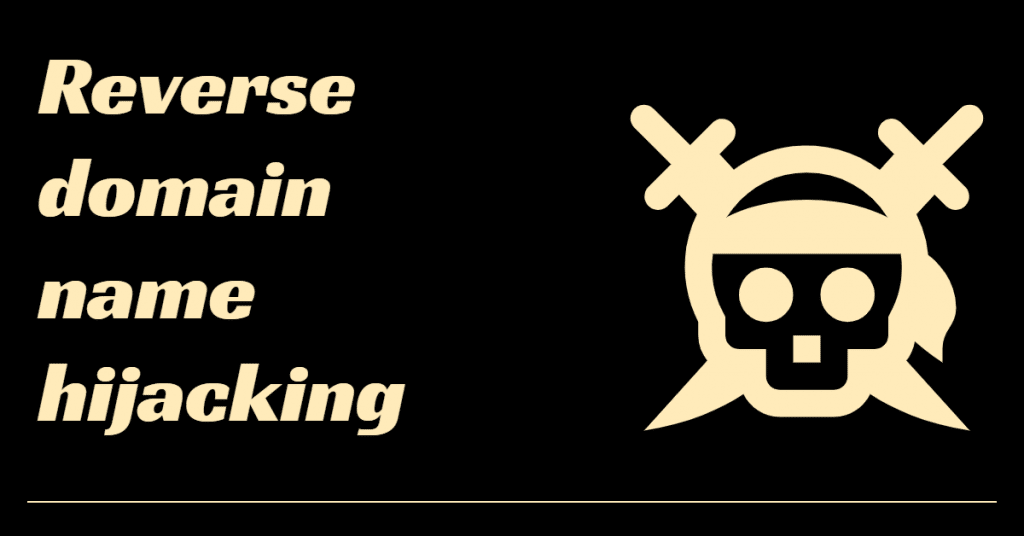Panelist calls the case “woeful.”

I’ve seen a lot of egregious reverse domain name hijacking cases over the years, and a recent one ranks high on the list.
A Swiss textiles firm, Boller, Winkler AG, filed a UDRP against schlossberg.com. The domain is registered to a man with the last name schlossberg.com.
With GDPR, a Complainant will often file a case and not know that the domain is registered to someone with the matching surname. But in this case, the domain was registered at Network Solutions, which does not mask ownership information for domains owned in the United States. So the Complainant was aware of the domain owner’s identity before it filed the case.
Worse, when the Complainant previously tried to acquire the domain, it wrote to the domain owner:
The correspondence of a domain with a family name is always a cause for discussion. Therefore, we would like to make a fair offer right from the beginning.
So the Complainant was well aware of the domain owner’s legitimate interests in the domain. The Complainant’s argument boiled down to, “Even if the Respondent’s family name corresponds with the disputed domain name, he has no legitimate interest after all these years of lack of use.”
And get this: the Complainant was represented by Wild Schnyder, a law firm that specializes in intellectual property law.
World Intellectual Property Organization panelist John Swinson called the Complainant’s case “woeful”:
The Panel finds that this is a clear case of RDNH.
The Complainant tried to buy the disputed domain name from the Respondent, and was unsuccessful. At that time, the Complainant knew the weakness of its position because the disputed domain name corresponded to Mr. Schlossberg’s name.
The Complainant, who was represented by a specialist intellectual property law firm, filed a Complaint that did not address the Policy, offered little evidence to support the assertions made in the Complainant, and did not cite a single prior decision under the Policy to support the Complainant’s position.
The Complainant did not disclose relevant correspondence, which was helpfully provided by the Respondent. Even worse, the Complainant stated that “the Respondent has failed to respond to any of the several contact and buy attempts of the owner”. This statement is not supported by the evidence and is at least partly untrue.
Before filing the Complaint, the Complainant was aware or should have been aware of the extreme weakness of its case. If it was not, then it was made aware of the problems with its case in a letter from the Respondent’s attorneys of June 30, 2022, inviting the Complainant to withdraw its Complaint. The Complainant did not do so, putting the Respondent to the expense of preparing a Response.
The Complainant’s conduct in this case was woeful. The Complainant attempted to use the Policy in bad faith to deprive a long-standing domain name holder of its domain name.
Fross Zelnick Lehrman & Zissu, PC, represented the domain owner.
Post link: Swiss company Boller, Winkler AG tries reverse domain name hijacking
© DomainNameWire.com 2022. This is copyrighted content. Domain Name Wire full-text RSS feeds are made available for personal use only, and may not be published on any site without permission. If you see this message on a website, contact editor (at) domainnamewire.com. Latest domain news at DNW.com: Domain Name Wire.
Go to Source
Author: Andrew Allemann





